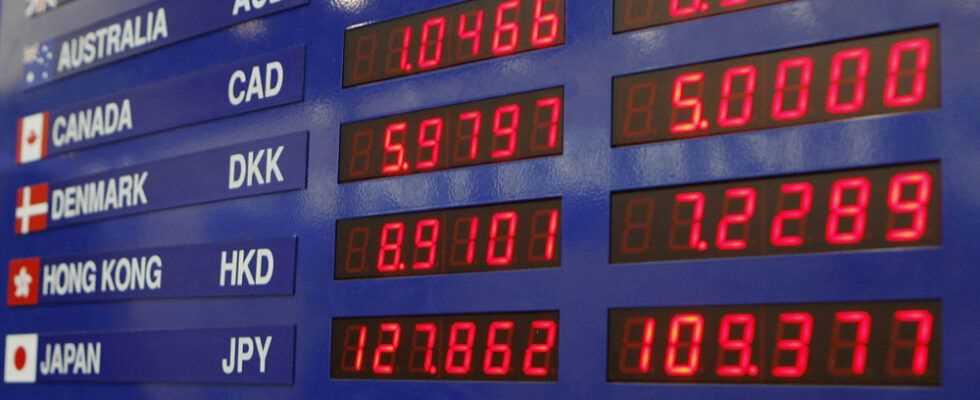Financial scams are like the rage. Their collections evolve from one season to another, according to the trends. After the “success” of cattle herds and diamonds, it is nursing homes, parking spaces and paid savings accounts which are now on the rise in the large market for investment scams.
And as in fashion, alongside these fleeting vogues, there are also more timeless themes. This is obviously the case with that of forex, the foreign exchange market, which continued to be emulated this year.
The clear breakthrough of cryptocurrencies among the general public since the start of the crisis could have made them out of date. It would seem not: in 2021, the Financial Markets Authority (AMF) and the Prudential Control and Resolution Authority (ACPR) have further expanded their blacklist devoted to unauthorized sites in the field.
61 names have been added this year, say the two authorities, more than double from last year, when the list was extended by 30 new sites. The number of sites added in the crypto-asset derivatives category remained stable in 2021, at 24 against 25 in 2020.
Blacklists, whitelists
Financial scam attempts are particularly flourishing on the Internet and in particular on social networks. Covering an increasingly broad spectrum of themes, “fishing” methods have become more sophisticated, the traps have become less and less easy to spot: the authorities and the prosecution are increasing alert and communication campaigns to protect people. savers.
Five blacklists (forex, binary options, cryptos, credits / passbooks / payment / insurance, miscellaneous goods) make it possible to operate a first filter in the selection of a financial intermediary. But beware: the ACPR and the AMF point out that these lists are not exhaustive, even if they are regularly updated.
Savers can also consult the white lists of players authorized to market these different products. Beyond these lists, vigilance must remain. The crooks usurp in almost half of the cases the identity of “real intermediaries”, and in a very applied way. In some cases, these fake sites go so far as to reproduce the registration numbers of the companies.
